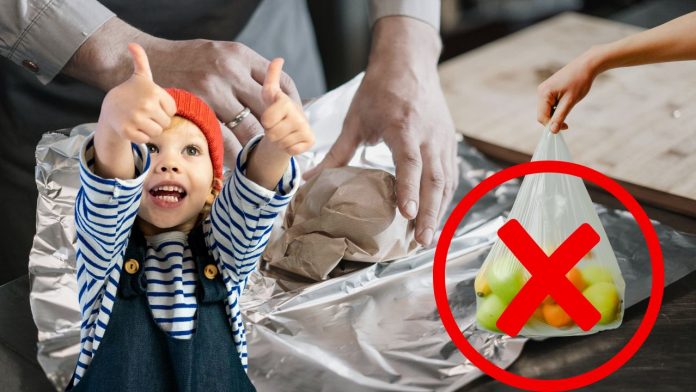The Indian packaging industry is experiencing a significant transformation, driven by the need for sustainable and responsible practices. The industry, particularly in the food sector, is shifting towards eco-friendly packaging solutions to meet the growing consumer demand for sustainable products.
Indian packaging industry
Consumer awareness of the environmental impact of packaging has grown significantly in recent years, prompting businesses to prioritize safe and sustainable packaging. A survey by the Indian Institute of Packaging reveals that 75% of Indian consumers consider packaging sustainability when making purchases, and 60% are willing to pay a premium for sustainable packaging.
Reportedly, the Indian packaging market was valued at INR 6,399 billion in FY 2023, growing at a CAGR of 2.8% from INR 5,581 billion in FY 2018. The market is estimated to reach INR 6,656 billion in FY 2024, growing at a rate of 4.0% in the last financial year. Within the packaging industry, packaged processed food holds the largest share of 48%, followed by personal care packaging (27%) and pharma packaging (6%).
Meanwhile, the Indian food and beverage packaging industry is projected to reach US$ 86 billion in 2029, with an annual growth of 14.8%, according to Invest India. The industry includes items like containers, cups, tableware, straws, bags, wraps, and boxes designed to safeguard or store food.
FMCG’s take on sustainable packaging
Several FMCG companies have adopted eco-friendly packaging practices. Hindustan Unilever Limited (HUL) has pledged to make 100% of its packaging reusable, recyclable, or compostable by 2025. Similarly, Nestlé India has launched sustainable packaging initiatives to reduce packaging waste and increase recycling.
“Sustainability is at the heart of everything we do at Skippi, and we are deeply committed to eco-friendly practices across our product lifecycle. Every step is carefully designed to reduce our environmental impact, from the materials we use for packaging to the processes we adopt,” said Ravi Kabra, Co-founder of Skippi.
Startups are also driving innovation in sustainable packaging. Delhi-based Ecoware, Pappco Greenware, Evirocore, and Trishula focus on providing eco-friendly solutions for the food industry. Notably, Noptala offers seaweed-based packaging for beverages, Replan creates packaging from upcycled waste, and Celluforce develops cellulose-based materials for food and beverage packaging.
The use of bioplastics, plant-based materials, compostable options, and edible packaging is gaining traction. Companies are further exploring post-consumer recycled materials, renewable energy sources, and sustainable supply chains to lower environmental impact.
Consumer trends
Consumer trends indicate a growing preference for sustainable packaging. Nearly 40% of all plastic produced globally is used for food and beverage packaging. Yet 91% of it remains unrecycled, contributing significantly to greenhouse gas emissions.
The Food Institute’s research states that for 43% of consumers, sustainability is extremely important. According to the EIT Food Trust Report 2021, 78% of customers believe that plastic-free packaging is better for the environment. According to Trivium Packaging’s 2022 Global Buying Green Report, which included 15,000 consumers worldwide, 86% of customers under 45 are willing to spend more for sustainable packaging.
Major companies are also innovating in this space. PepsiCo introduced 100% compostable packaging for its SunChips brand, while Coca-Cola launched a sustainable packaging initiative called “World Without Waste.”
As consumer awareness grows, companies prioritizing sustainability are poised to gain a competitive edge. With the FMCG sector accounting for a significant share of the packaging market, the question remains: will consumer preference for sustainable packaging transform the sector, and how will it be received?





